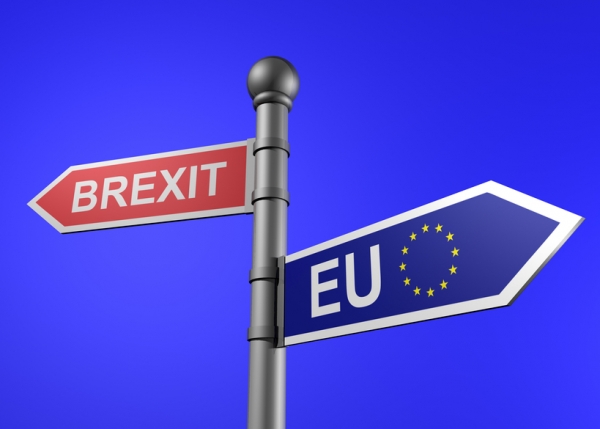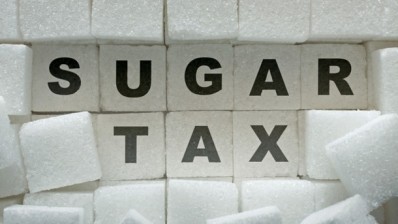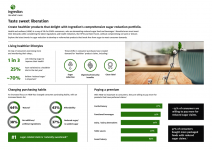Sugar taxes: A case of pop policy and comic consultation

Should 'slushy' ices be subject to the UK's proposed 'soft drinks industry levy'?How about 'candy sprays'? Or 'dissolvable powders'? What should government do about all those lattes laced with caramel shots ('liquid drinks flavourings' to cognoscenti)?
Such existential issues are among the 46 specific questions that make up the government's formal consultation on the levy, humanely rebranded by the media as the ‘sugar tax.’
But there are no questions about the other major sources of sugar in the British diet - chocolate, breakfast cereals, biscuits, ice cream, or the white stuff itself, in bags. Nor, more fundamentally, on whether there should be a tax at all. ‘Alternative proposals’ are explicitly excluded.
In short, the UK government has begun a pseudo-consultation, about administration of a policy already decided, not about the policy itself. It evades every question worth asking about the tax.
It was introduced in the March 2016 budget by chancellor George Osborne as a bit of populist light relief in a speech full of economic bad news. He effectively proposed three levels of tax - a higher rate on products with 8 g or more per 100 ml, lower on 5-8 g/100 ml, and zero on below 5 g/ml. Osborne has since been sacked, but the new government is carrying on.
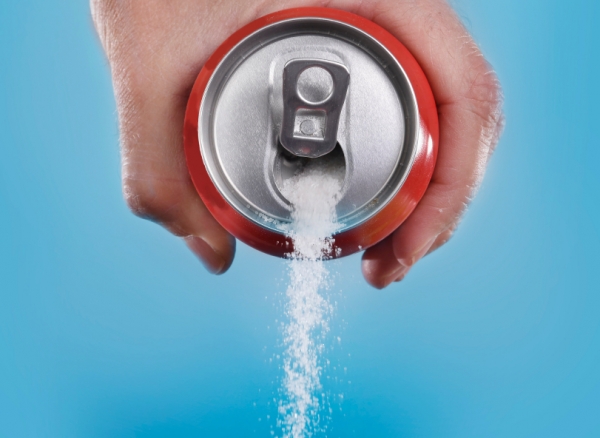
Technically, Osborne only promised to consult on ‘implementation’ of the tax. So drafting the consultation document was assigned to tax bureaucrats (aka Her Majesty's Revenue and Customs - HMRC).
But that was before it became obvious that the proposal was highly contentious. Not just, naturally, with industry, but also with many public health specialists.
Even those who like food taxes in principle complain that this one is too narrow (only drinks, not sweet foods), with too many exemptions (fruit juices and milk-based drinks), too small to make much difference (only 20%) and regressive (hitting the poor hardest).
Sugar banding controversy
No changes on any of these issues are considered in the consultation. Nor on the number of tax bands or their thresholds, even though the three tax bands are defined very differently from the three high-medium-low sugar categories in the UK's front-of-pack traffic light label that appears on the front of soft drinks bottles and cans.
Several prominent brands, stigmatised as "high" in sugar by the Department of Health are virtuously tax exempt for the Treasury.
The rates of the tax, on which you might expect strong opinions from everyone, are never mentioned, much less consulted upon.
The document is so exclusively focussed on presenting the tax as an ‘incentive’ to reformulation that it never mentions the words ‘retail prices’ either. And this despite the fact that the Office of Budget Responsibility (OBR), the government's ‘official independent fiscal watchdog’ - like most business commentators - expects the tax to be passed entirely onto the price paid by consumers. Yet companies are never asked about their intentions on this matter.
Taxing issues
This leads onto the biggest omission of all. The HMRC quantifies expected revenues - €588m (£500m) a year initially - but never mentions the costs of the tax. Not even its own collection costs, much less the wider economic impact.
But the OBR expects the tax to push up the Retail Price Index. This will trigger increases in everything ‘index-linked’ to the RPI. That includes an extra charge of €1.2bn (£1bn) on government bonds in the first year alone. Even larger will be the linked increases to wages, pensions and benefits.
HMRC even overlooks the revenue it will lose. OBR notes that the ‘tax gap’ with near-by countries will create an ‘incentive for increased cross-border shopping and illicit trade,’ in an industry that already suffers a significant ‘grey market.’ That is an incentive the consultation fails to consult about.
Many commentators, friends and foes alike, have suggested that the tax is shooting at the wrong target.
- If you want to reduce obesity, then tax total calories, not individual nutrients.
- If you want to cut sugar specifically, then tax sugar itself, not one product category that contains it.
- If you want to incentivise reformulation, then tax the important product sectors that have done little of it so far: confectionery, bakery and dairy.
Because sweeteners are technically easier to use in liquids, no sweet products have undergone more reformulation than soft drinks. Ever since Diet Coke first came to the UK in 1983, most growth in the industry has come from products with sweeteners.
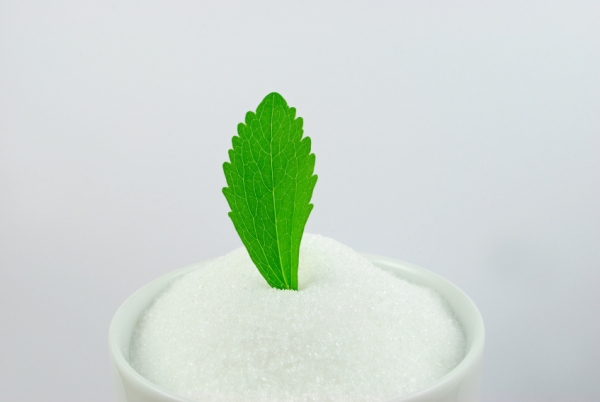
Brexit fallout
Currently over half the sales of carbonated drinks, three quarters of dilutables/squashes, and a third of juice drinks are no-sugar or reduced sugar products. There is still a long way to go, of course, but the industry publicly committed to further reductions by 2020, even before the tax was announced.
Most grandly of all, if you want to use price instruments to reduce sugar consumption, then adjust the most powerful economic levers of all. Agricultural policy contains dozens.
Since 2005, the EU's Common Agricultural Policy has cut the support price for sugar by 36%. Estimates from another government department, the UK's Department for the Environment, Food and Rural Affairs (DEFRA), indicate that the imminent removal of production quotas on sugar beet and high-fructose corn syrup will lead to further substantial falls.
Ever cheaper sugar in the midst of an obesity epidemic. These price cuts are much larger than the proposed tax, or any politically conceivable tax.
Yet Brexit means the UK will soon have to develop its own agricultural policy. It could be one that supports health rather than undermines it. But even this inevitable policy change is not mentioned in the consultation.
In sum, what the document omits is more important than what it contains. It is an attempt to sell the new tax to readers, not obtain their views on it. Disinformation not consultation.
If government really wants to reduce obesity, it will have to develop a comprehensive policy - more players than just manufacturers, more strategies than just reformulation, more nutrients than just sugar, and more instruments than just taxation.
A good place to start would be a public consultation that actually asked the big questions.
